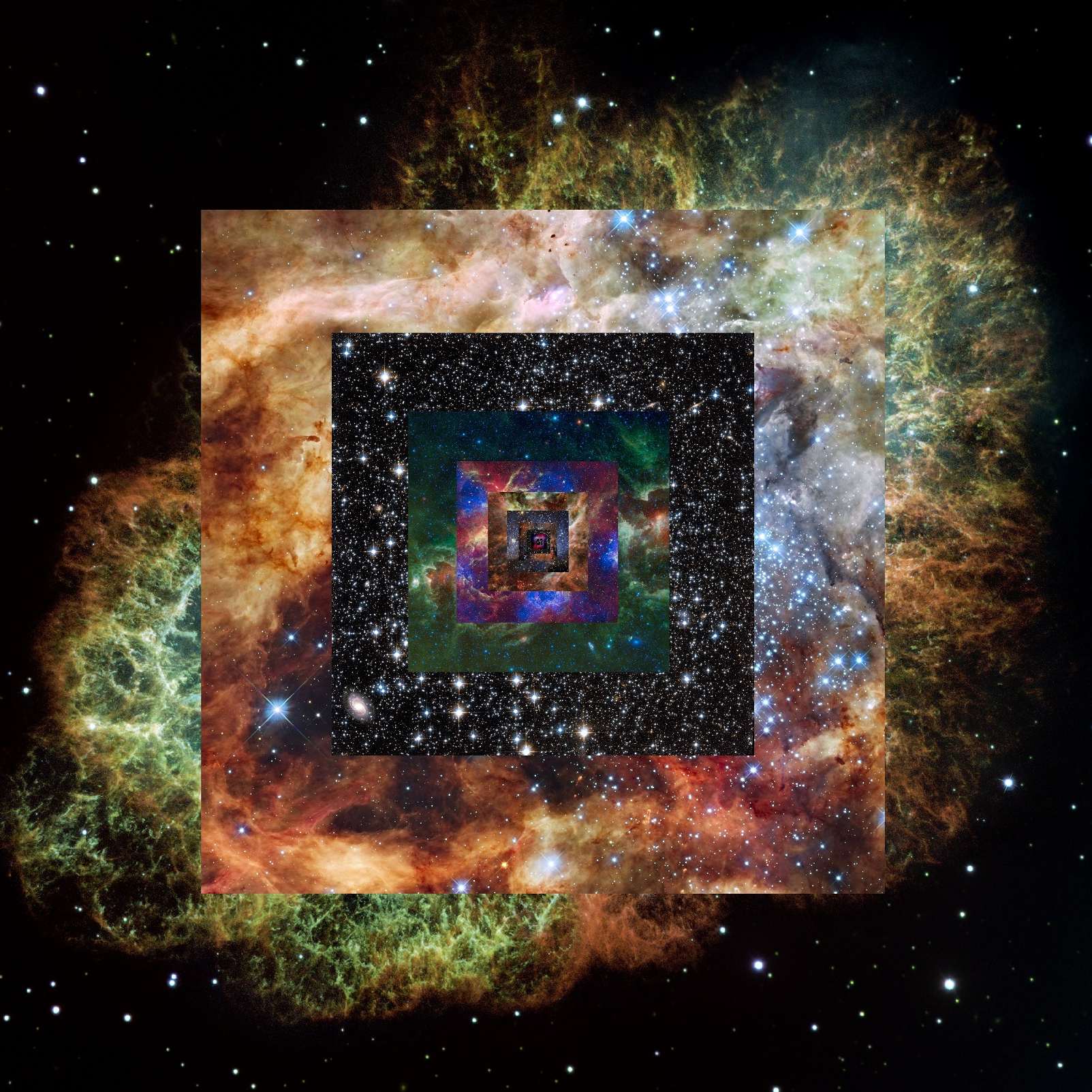
In our complex, rapidly evolving world, the concept of a ‘hive mind’ — a form of collective intelligence where a group of individuals function as one organism, sharing information and making decisions — is emerging as a fascinating area of study. This form of consciousness, primarily observed in social insects like bees and ants, is now being considered for its potential in human societies. Could ‘hive mind induction’ be the next big leap in human cognitive evolution? Let’s delve into the evidence.
Collective Intelligence in Nature
Collective intelligence, or the ‘hive mind’, is no stranger to the natural world. From the intricate honeycombs built by bees to the complex colonies of ants, these societies thrive on shared information and synchronized decision-making. Despite each individual’s limited cognitive abilities, the collective actions of these creatures result in sophisticated behaviors that serve the best interests of their community.
Recent studies indicate that similar processes could be applied to human societies, leveraging our interconnected world to make collective decisions that benefit humanity as a whole.
Human Societies and the Hive Mind
Human societies have long exhibited elements of a hive mind. For example, the development of language, one of our earliest achievements, is a form of collective intelligence. More recently, the internet and social media platforms have become powerful tools for information sharing, hinting at the potential of a digitally mediated hive mind.
In certain situations, people can instinctively sync their actions to work together without central coordination, like in case of emergencies or during social movements. Crowdsourcing and open-source projects are examples of how individuals can collaboratively solve problems by contributing their unique skills and perspectives. The concept of a hive mind takes this one step further, suggesting a shared consciousness or collective decision-making process.
The Science of Hive Mind Induction
The scientific feasibility of a human hive mind has been explored through various experiments. Scientists have connected brains of rats and monkeys, creating what they call a ‘brain-net’, demonstrating the potential for shared neural activity.
Neuroscientist Dr. Miguel Nicolelis and his team pioneered this field with their research. In one experiment, they connected the brains of three monkeys to a computer and the monkeys collectively controlled an avatar arm. Remarkably, the monkeys learned to synchronize their brain activity to accomplish the task, demonstrating a rudimentary form of a hive mind.
Artificial Intelligence and Hive Minds
Artificial intelligence is also bringing us closer to the reality of a hive mind. Advanced AI algorithms are now being used to analyze and predict human behavior, effectively ‘joining the dots’ in our collective intelligence.
In 2017, Unanimous AI developed an artificial intelligence called UNU, which works by connecting groups of people in a real-time system and having them answer questions or make predictions. UNU’s creators claim that its predictions have often outperformed individual experts, demonstrating the power of collective intelligence.
Implications and Ethical Considerations
While the potential of hive mind induction is compelling, it raises important ethical questions. Could such a system lead to a loss of individuality? How would it impact privacy? These considerations must be addressed to ensure the responsible development of any such hive mind technology.
However, there’s no denying the incredible potential. A functioning human hive mind could revolutionize everything from decision-making processes to problem-solving, research, and even governance.
Conclusion
The concept of hive mind induction is an intriguing prospect, challenging our notions of individuality, consciousness, and society. Although we are far from achieving a fully integrated human hive mind, the emerging evidence suggests that it could be possible. As we continue to delve into this exciting frontier, we must balance the pursuit of knowledge with the ethical considerations that come with it. The potential benefits could be enormous, but the journey to a human hive mind must be tread with care and foresight.



